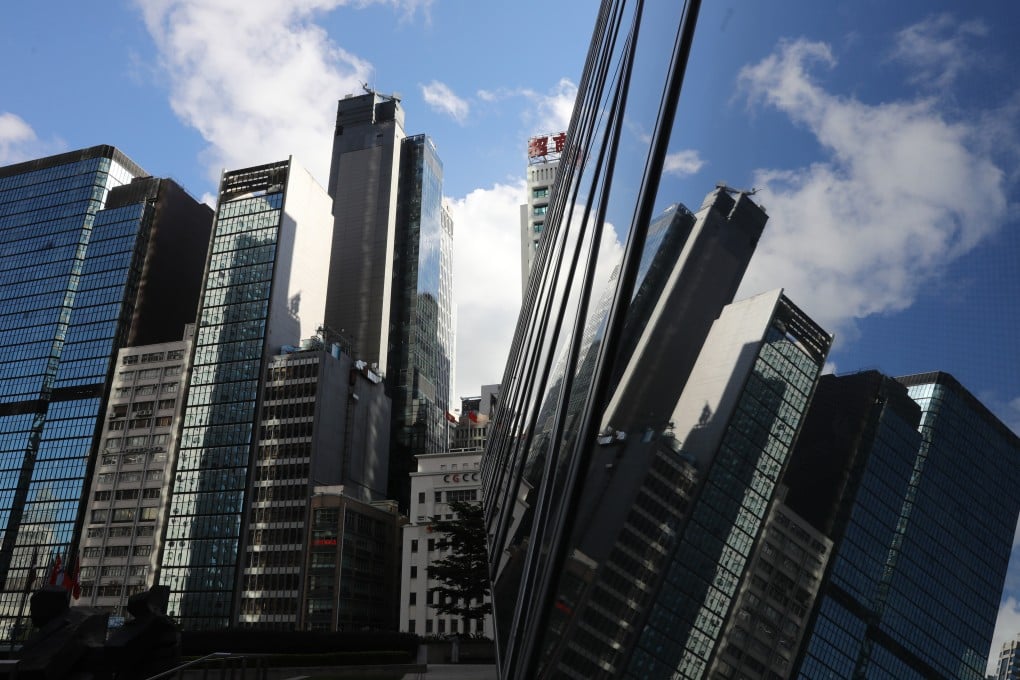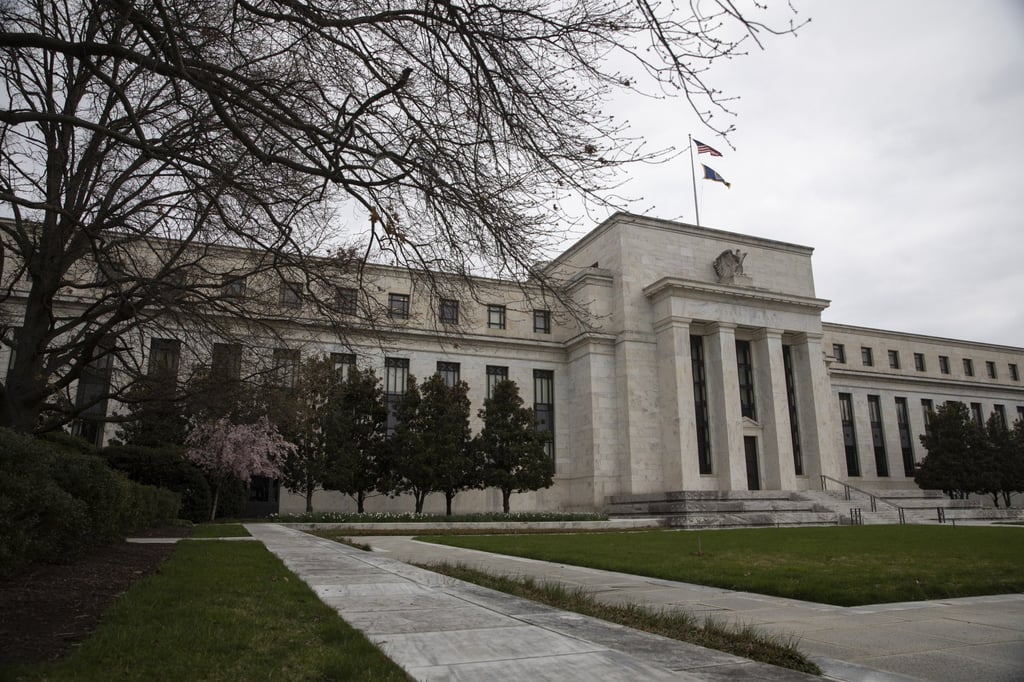Advertisement
Concrete Analysis | Fed and HKMA rate increases likely to have muted impact on Hong Kong’s commercial property market
- Direct link between local interest rates and cap rate or investment return is historically weak
- Negative real interest rate, more funds chasing limited pool of assets and other market variables could insulate the commercial property market
Reading Time:3 minutes
Why you can trust SCMP

The Federal Reserve raised interest rates in March and hinted it could do so six more times in 2022. Though the Hong Kong Monetary Authority (HKMA) hiked in lockstep, it does not necessarily follow that local commercial banks will match the pace and frequency of future US increases.
Commercial real estate investors in Hong Kong closely watch for any Fed pronouncements on the direction of interest rates as they are acutely aware of how they could impact their investment returns.
The local peg to the US dollar makes any US interest rate movements particularly relevant to the HKMA because of the city’s linked exchange rate system.
Advertisement
Programme for higher rates
The Fed on March 16 raised its key interest rate by a quarter point, and suggested it could lift it six more times, up to a total of 100 basis points, before the year is out, as it tries to fulfil its mandate of full employment and keeping the annual inflation rate to about 2 per cent.

The HKMA also raised its base rate by 25 basis points to 0.75 per cent, saying it would continue to “closely monitor market situations” to maintain financial and monetary stability. Geopolitics, macroeconomic developments and the pandemic may affect the pace and frequency with which the Fed changes rates this year, it added.
Advertisement
Select Voice
Select Speed
1.00x
